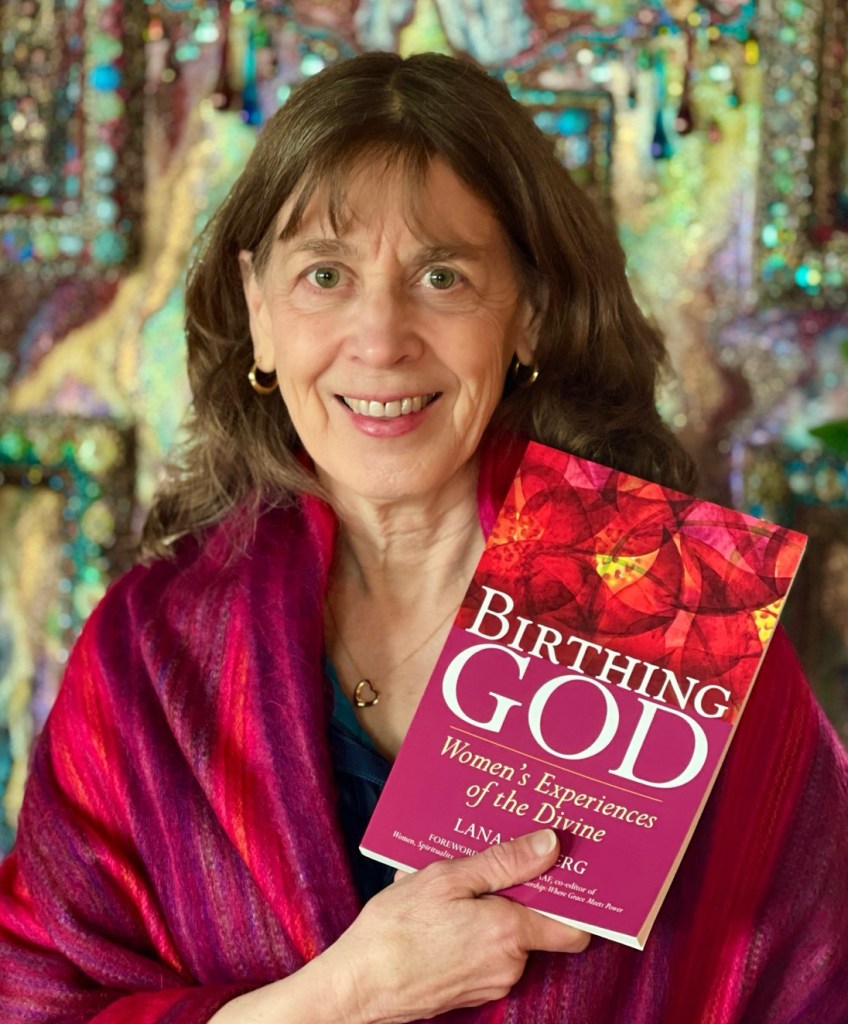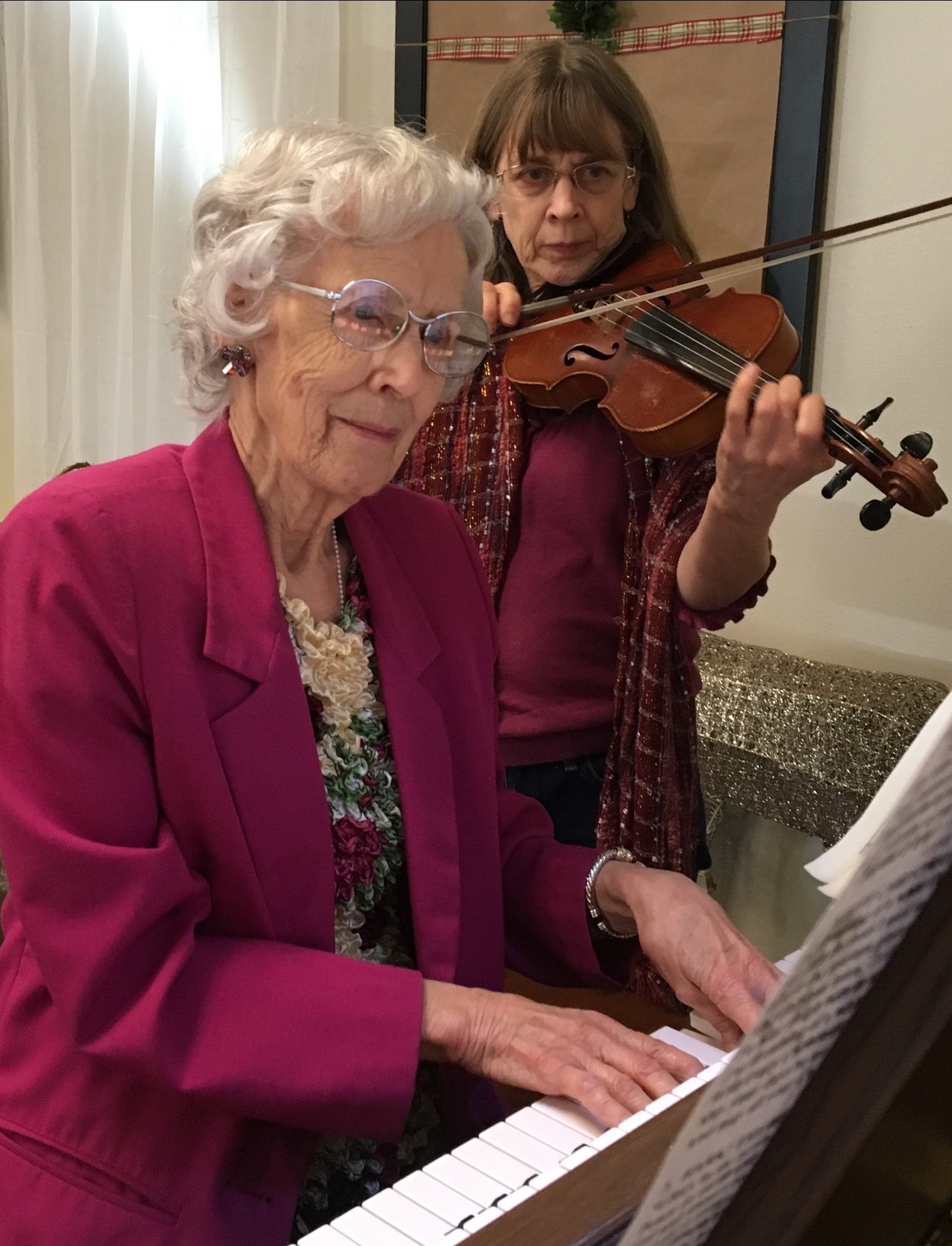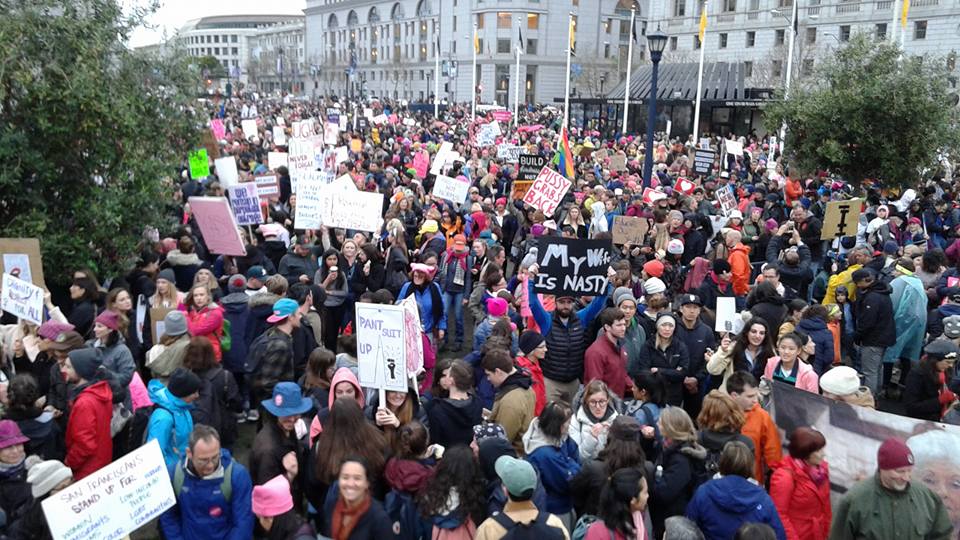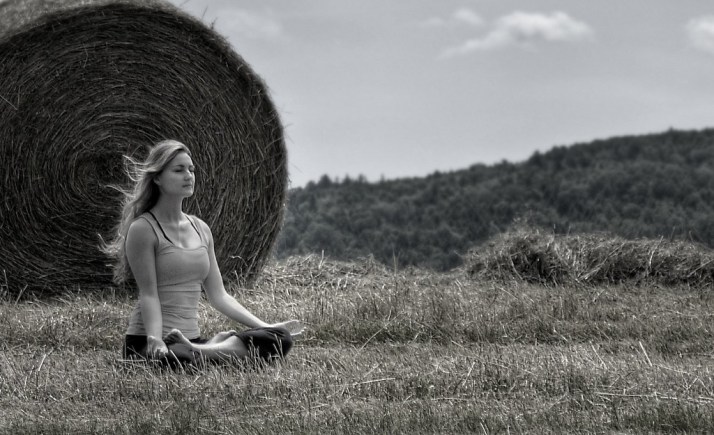
Subscribe to continue reading
Subscribe to get access to the rest of this post and other subscriber-only content.

Subscribe to get access to the rest of this post and other subscriber-only content.
In the Resurrecting the Goddess Summit 2024: Rewilding Christianity with the Divine Feminine, Lana will present “Experiencing the Divine Mother”, discussing ways to experience Her in your daily life.

Purchase at 50% off today! Birthing God: Women’s Experiences of the Divine
Photo credit: Alice Heimsoth
When I was ten, my mother drove me from our hometown of Concord to a violin shop located in Berkeley.  After finding parking on University Avenue, my mother paused to admire the silks displayed in the Indian fabric and clothing store: shimmery splashes of magenta and chartreuse and gold-embossed tunics and saris. Besides teaching me music, she had also taught me to sew, but today our mission was music, not fabric. Walking another block, we found and entered the narrow storefront where families of violins and violas lined the walls like attentive students, silent and curvaceous, waiting to sing their notes.
After finding parking on University Avenue, my mother paused to admire the silks displayed in the Indian fabric and clothing store: shimmery splashes of magenta and chartreuse and gold-embossed tunics and saris. Besides teaching me music, she had also taught me to sew, but today our mission was music, not fabric. Walking another block, we found and entered the narrow storefront where families of violins and violas lined the walls like attentive students, silent and curvaceous, waiting to sing their notes.
We had come to select a full-sized violin for me, since I had moved up over the years from a half-sized to three-quarters-sized violin and was now ready for a full-sized beauty. The salesman pulled down a violin of reddish hue and handed it to me. I put it to my chin and listened as I stroked the bow across the strings, feeling with my heart for the sound I wanted. I shook my head and handed it back to him. He pulled down another violin, and another. The violin I eventually selected was stylish, with a bold voice. The petals of an inlaid mother-of-pearl flower gleamed from the black piece that met the chin rest. I loved that pretty flower as much as I loved the violin’s vibrant resonance: full-bodied, melodic, clean. 
As a pre-teen girl, I prided myself on her bold voice. She was not timid, so I could not be timid when I played her. She could whisper of course, but she was more likely to shout in solid, staccato notes. I loved bringing out the variations in her voice to match my mood. Whatever emotion I wanted to convey, she issued that tone, that feeling, into the world.
The feeling of “I’m not enough” emerged in my female psyche during my tender years, in part because my helpfulness received more praise than my ability to resolve problems or think independently. Little by little, my own agency was subtly undermined, until I felt insufficient and lacking. A sexual assault hammers that feeling home. With searing clarity, it reinforces the deeply embedded notion that women and children have less power and worth, that we don’t even have the right to defend the integrity of our bodies and minds.
But within each of us burn creative embers that we can breathe to life, just as our ancestors guarded and tended the coals that enabled sustenance and health. Each waking day we can say yes to ourselves and our own creative fire. We can say yes to our voices and our ability to connect and unite.
Today is a day to say YES to whatever your embers need in order to leap high and bright, one bonfire among many in the dark starry night.
Mom, don’t we know this rapist? was the gist of my daughter’s message. The article she sent discussed a lawsuit involving a colleague of mine. A young academic and movement leader, he had helped my older daughter pursue a potential publishing avenue for her undergraduate thesis on femicide. Reading the article made me incredibly sad. He was such a likeable guy.
But the claimant had been hospitalized after the rape. And the lawsuit pointed to a pattern of sexual predation. Even though I knew him as a sweet social justice organizer, apparently my colleague had “hunted undergraduates,” engaging in inappropriate relationships with them. My sadness morphed into anger. If he didn’t care about his students, didn’t he at least care about his career?
My daughter’s response: “He probably didn’t think he had anything to worry about. That’s rape culture. Nobody believes the survivor. Nobody cares.”
Horrible but true. When it comes to the men we know and care about, we don’t want to see the violence that entitlement produces; we only want to see the nice young man we once worked with, or the mentor, the football star, the pastor, the neighborhood hero. But to remain silent when rape happens is to contribute to rape culture. If survivors of sexual assault can find the courage to speak the truth, so can the rest of us.
For an in-depth understanding of what transpires when rape survivors pursue justice in university or criminal justice systems, read Jon Krakauer’s Missoula: Rape and the Justice System in a College Town (Anchor Books, 2016)
For articles on this particular law suit, see: http://www.cityonahillpress.com/2017/02/02/title-ix-questioned-after-rape-settlement/
http://courthousenews.com/uc-system-settles-students-sexual-assault-claims-for-1-15m/
Yesterday, cities throughout the U.S. and the world saw millions of women-led marchers rallying to defend hard-won rights. Knowing all that can be lost if we don’t stand up, we are emboldened. We arise with courage to protect what we love: to protect our bodies, our families’ and communities’ health, and the planet that nurtures and sustains us. A million courageous arisings yesterday, and the work has just begun. Call your senators TOMORROW to demand that they oppose the cabinet nominees. Call your senators to stand up for healthcare insurance for all Americans, to stand up for our nation’s commitments to lower CO2 emissions to avoid catastrophic climate change. Whichever assault outrages you the most, start with that, and call on your senators to show some mettle. Get involved with a local committee or a local mid-term election. And know that you have already begun to fight. Together with ten million others, you are already arising. Check out a slideshow of marches by the New York Times.
Writing from the Heart Retreat is Sunday, February 5, 12:30 to 4:30. Cost is $25. Limited to six people, so reserve your place now:
The retreat date honors Bridget, goddess of creativity and keeper of the well. Legend has it that Bridget was born on a threshold. Her feast day moves us toward spring equinox, toward the balance of light and dark and all the fertility that spring brings. Come on Feb. 5 and write with Bridget from the deep wellspring of your spirit and from your own threshold places. Guided visualization and writing prompts will open up the liminal space that our hearts inhabit and inspire heart-centered writing.
Testimonies from the last workshop:
“I liked the meditation. More of that.” – Janet
“Great workshop. Thank you again for your kindness and inspiration.” – Zaya
“I liked the idea of simply jumping in, no pretense, no second guessing, no delay.” – Roland
My daughter is going to Standing Rock in North Dakota on Wednesday. I feel she is going for all of us, to defend our rights to clean water and to fulfill our responsibilities to protect the earth. I worry for her, with all the haters out and about, but I see her bravery. I applaud her solidarity with the Standing Rock Sioux and other indigenous nations, the heart of today’s resistance to the beast that is devouring our planet.

The resistance spans the globe. DNB, the largest bank in Norway, just announced that it sold its assets in the Dakota Access Pipeline and is considering terminating its loans to the project. On Tuesday, 300 protests took place. Here in San Francisco I partook in a march to the local office of the Army Corps of Engineers, the agency in charge of permitting for the pipeline section that threatens the integrity of the Missouri River and Standing Rock sacred sites. Hundreds of us spiraled around those risking arrest for their opposition to the pipeline. As Native American men drummed and prayed, their voices rose like the sage smoke wafting from abalone shells, and the rest of us pressed together, ten and twelve abreast, to circle round, circumambulating and blessing the people risking arrest. It was a powerful moment, a joining of prayers and hope.
We can stop this pipeline. Here are a few things you can do today:
Call the Army Corps of Engineers and demand that they reverse the permit to build the pipeline: (202) 761-5903
Donate directly to the Standing Rock Sioux tribe to support their fight.
Contribute to the Sacred Stone Camp Supply List.
Contribute to the Sacred Stone Camp Legal Defense Fund.
 In my dream this morning, I was with my youngest daughter and parking my car when I discovered I’d gone down the wrong street – I had mistaken the way back to my own home! So I parked and got out of my car and ten minutes later, I couldn’t find it and couldn’t even remember what it looked like! To me, my vehicle and my home are dream symbols of my life. And right now, I am feeling a little lost, a little off course. I am working very hard at my new job, and I am not taking the time I need for myself. As I give my job my everything, my personal life disappears from view. But identifying this imbalance is the first step to helping me find what I need to restore the balance. Daily meditation is key. The Divine Mother grounds me because She is right within me. I lose sight of that truth in the whirlwind of daily pressures and tasks. In meditation, I take the time to listen, to be in Her presence, which is also my unguarded presence. I create the quiet where She can enter, and I feel myself loved not for what I do but for who I am.
In my dream this morning, I was with my youngest daughter and parking my car when I discovered I’d gone down the wrong street – I had mistaken the way back to my own home! So I parked and got out of my car and ten minutes later, I couldn’t find it and couldn’t even remember what it looked like! To me, my vehicle and my home are dream symbols of my life. And right now, I am feeling a little lost, a little off course. I am working very hard at my new job, and I am not taking the time I need for myself. As I give my job my everything, my personal life disappears from view. But identifying this imbalance is the first step to helping me find what I need to restore the balance. Daily meditation is key. The Divine Mother grounds me because She is right within me. I lose sight of that truth in the whirlwind of daily pressures and tasks. In meditation, I take the time to listen, to be in Her presence, which is also my unguarded presence. I create the quiet where She can enter, and I feel myself loved not for what I do but for who I am.
Lana Dalberg, author of Birthing God: Women’s Experiences of the Divine